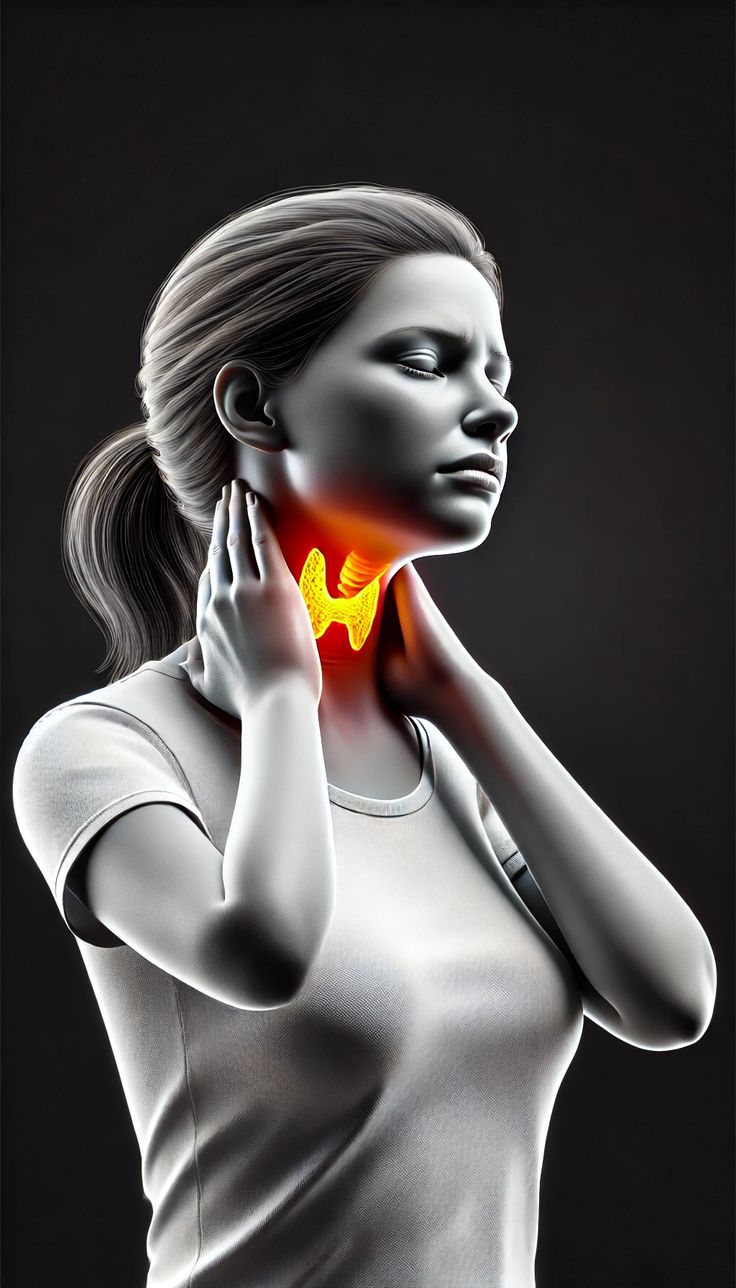Tonsillitis is a common condition characterized by the inflammation of the tonsils — two oval-shaped pads of tissue located at the back of the throat. It affects people of all ages but is especially common among children and teenagers. Tonsillitis can be painful and disruptive, but with the right treatment, it is typically short-lived.
In this post, we’ll explore the causes, symptoms, and effective treatments for tonsillitis, as well as how to prevent it from recurring.
What Is Tonsillitis?
Tonsillitis occurs when the tonsils become inflamed, usually due to a viral or bacterial infection. The tonsils are part of the immune system, helping to filter germs that enter the mouth and nose. However, they can themselves become infected, leading to a sore throat and other symptoms.
There are three types of tonsillitis:
- Acute Tonsillitis – Symptoms last 3–4 days but can extend up to two weeks.
- Recurrent Tonsillitis – Several episodes of tonsillitis in a year.
- Chronic Tonsillitis – Persistent infection or inflammation over time.
Common Symptoms of Tonsillitis
- Sore throat and painful swallowing
- Swollen, red tonsils (sometimes with white or yellow patches)
- Fever
- Headache
- Bad breath
- Fatigue
- Swollen lymph nodes in the neck
- Hoarse voice or loss of voice
Children may also experience:
- Stomach pain
- Drooling (in younger children)
- Refusal to eat
Causes of Tonsillitis
Tonsillitis is most commonly caused by:
🔹 Viral Infections
-
Common cold viruses
-
Influenza
-
Epstein-Barr virus (mononucleosis)
-
Adenovirus
🔹 Bacterial Infections
-
Group A Streptococcus (the bacteria that causes strep throat)
-
Mycoplasma pneumoniae (rarely)
Diagnosis and Tests
Tonsillitis is diagnosed based on a physical examination. Additional tests may include:
- Throat swab – to test for strep bacteria
- Rapid antigen test or throat culture
- Blood tests (if Epstein-Barr virus is suspected)
Treatment for Tonsillitis
✅ Home Remedies
-
Rest and hydration
-
Warm saltwater gargle
-
Lozenges or throat sprays
-
Warm teas and soups
-
Humidifiers to keep air moist
✅ Medications
-
Pain relievers – such as ibuprofen or acetaminophen
-
Antibiotics – only if a bacterial infection like strep throat is confirmed
⚠️ Important: Do not use antibiotics for viral tonsillitis — they are ineffective and may cause side effects.
✅ Surgery (Tonsillectomy)
Surgical removal of the tonsils may be recommended for:
-
Recurrent tonsillitis (7+ episodes/year)
-
Chronic tonsillitis
- Difficulty breathing or swallowing due to enlarged tonsils
Complications of Untreated Tonsillitis
- Peritonsillar abscess (pus buildup behind the tonsils)
- Obstructive sleep apnea
- Spread of infection to nearby tissues
- Rheumatic fever (from untreated strep)
Prevention Tips
Strengthen immunity through a healthy lifestyle
Wash hands regularly
Avoid sharing eating utensils or drinks
Replace toothbrush after infection
Stay away from infected individuals when possible


